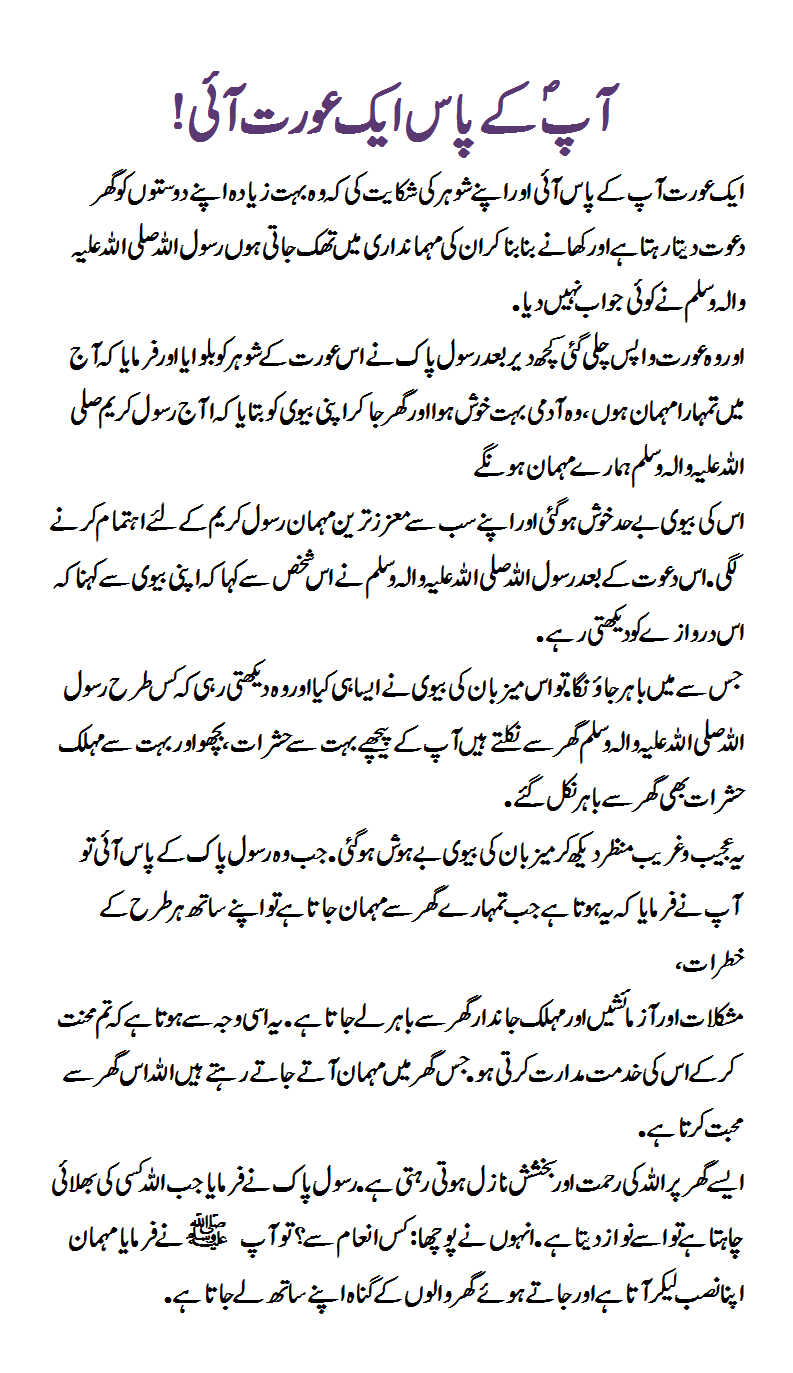At the time of Muhammad’s birth, women in 7th century Arabia had few if any rights. Even the right of life could be in question, since it was not uncommon for small girls to be buried alive during times of scarcity. In the Qur’an,
it is said that on Judgment Day “buried girls” will rise out of their graves and ask for what crime they were killed. Part of Muhammad’s legacy was to end infanticide and establish explicit rights for women.
Islam teaches that men and women are equal before God. It grants women divinely sanctioned inheritance, property, social and marriage rights. including the right to reject the terms of a proposal and to initiate divorce.
The American middle-class trend to include a prenuptial agreement in the marriage contract is completely acceptable in Islamic law. In Islam’s early period, women were professionals and property owners,
as many are today. Although in some countries today the right of women to initiate divorce is more difficult than intended, this is a function of patriarchal legislation and not an expression of Islamic values.
Muhammad himself frequently counseled Muslim men to treat their wives and daughters well. “You have rights over your women,” he is reported to have said, “and your women have rights over you.”
Muhammad was orphaned at an early age. He once remarked that, “Heaven lies at the feet of mothers.” As the father of four daughters in a society that prized sons, he told other fathers that, if their daughters spoke well of them on the Day of Judgment, they would enter paradise.
